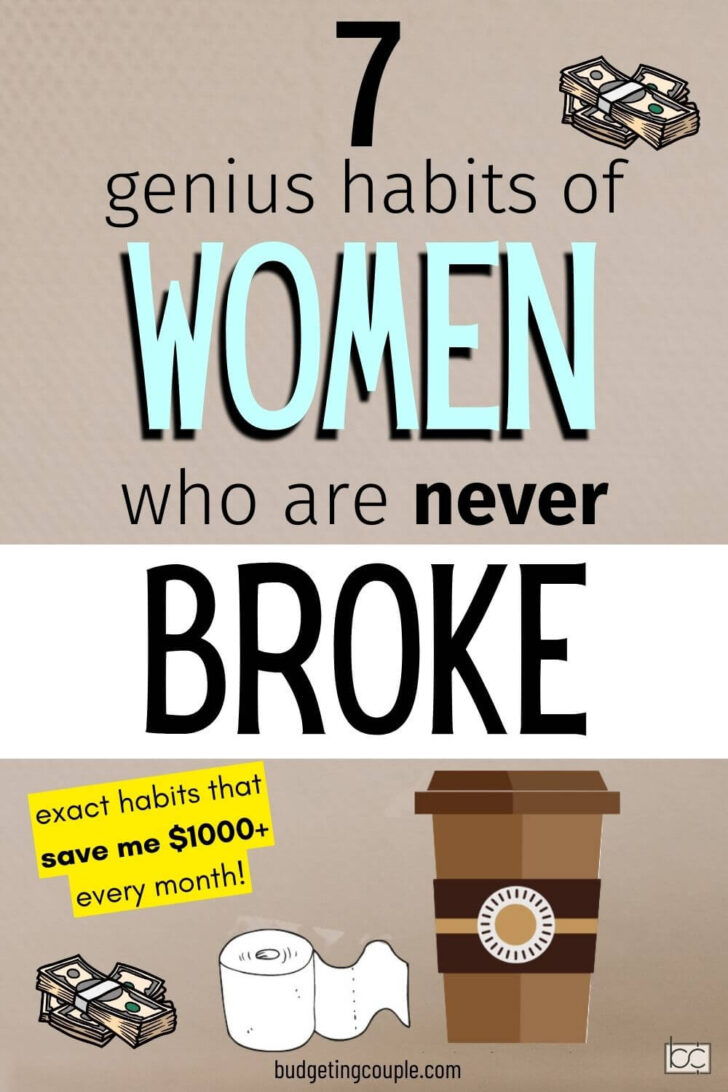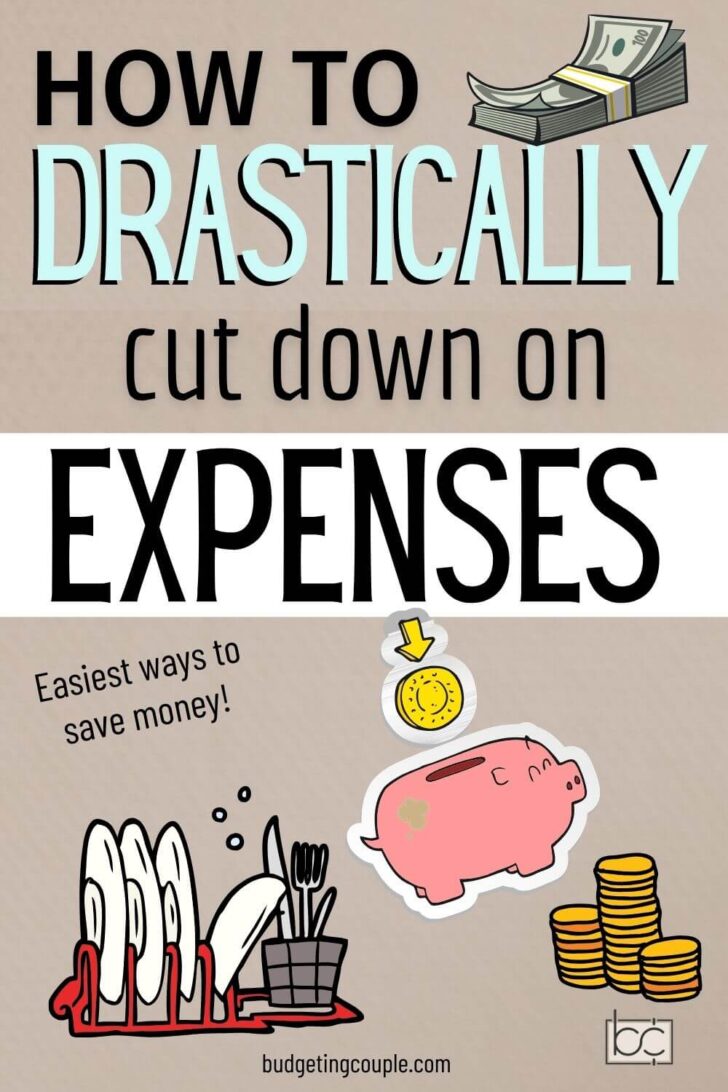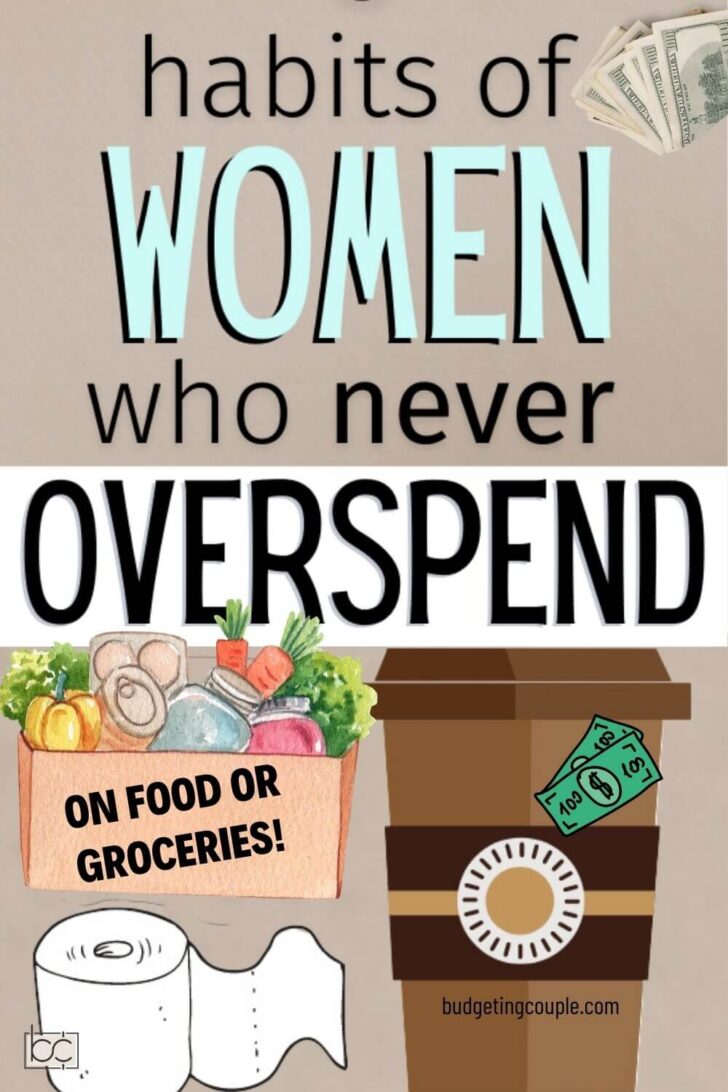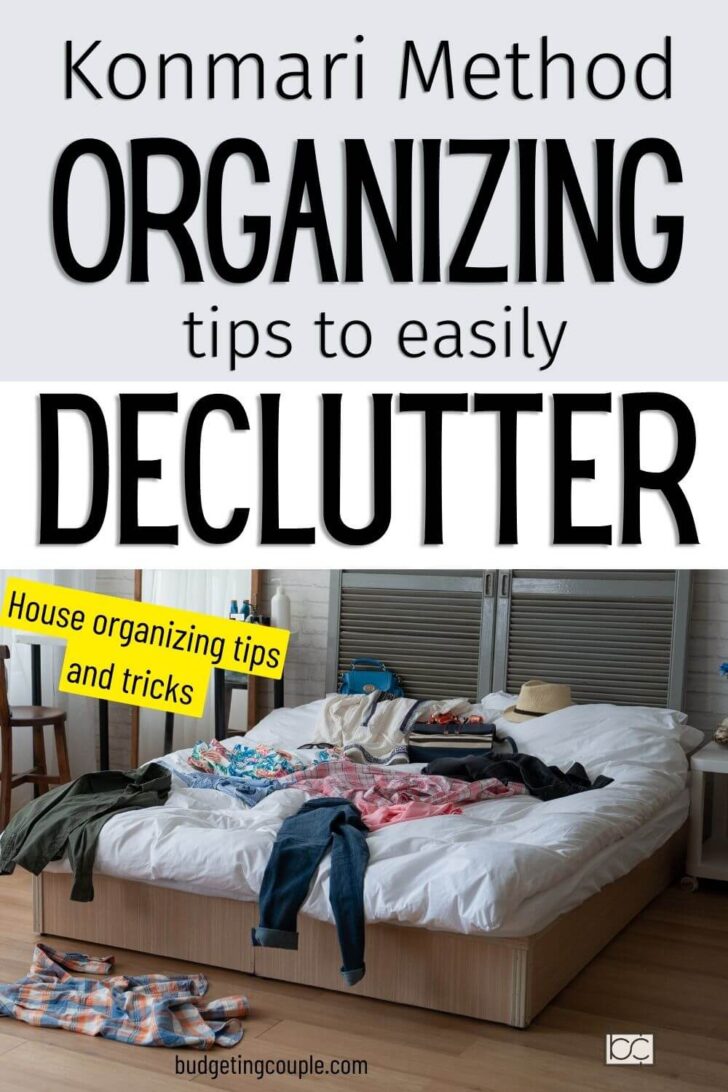7 Habits to Copy From Women Who Are Always Saving Money
Do you ever feel like you’re drowning in a sea of financial stress? Well, get ready to sail toward success with these secret strategies used by financially savvy women. These women have discovered the key to stability, and now it’s your turn.
By adopting their habits, you can navigate a course to find financial freedom and peace.

1. Successful Women Budget
Budgeting is the cornerstone of financial stability. When it comes to managing your money, prioritizing financial goals is key.
Women who always have money understand the importance of setting clear objectives and allocating funds accordingly. They track their expenses diligently, keeping a close eye on where their money is going. By doing so, they can identify areas where they can cut back and save more.
Another key aspect of budgeting is saving for a rainy day. Successful women understand unexpected expenses can happen at any time and it’s usually the worst possible time. Sadly, many people have said they could not handle a $400 emergency. This is why I say having money tucked away for emergencies is so important. Having a little money set aside for emergencies can make the situation less of a crisis and more of a nuisance.
If you don’t have an emergency fund, then work toward saving $1,000.
Related: Try these Budget Hacks to save money fast
2. They Buy Quality Food
Another habit to mimic is buying quality food.
While it may seem challenging to prioritize healthy eating on a budget, there are ways to find affordable options for pasture-raised meats, dairy, eggs and produce. There’s nothing like a good BLT with locally sourced bacon and tomatoes. Look for local farmers’ markets or join a community-supported agriculture program to access these products at a lower cost.
By choosing quality food, you are making a long-term investment in your health. Quality food choices can lead to savings on healthcare expenses down the line.
3. They Eat at Home
When you prepare your own meals at home, you can save money that would have otherwise been spent on expensive restaurant bills. Even so called “family friendly” places can have a huge impact on your budget when you take into consideration the cost of the meal and the tip. A good waitress/waiter is worth a good tip, but it destroys a budget when done often.
Meal planning makes it easier to cook and enjoy dinner at home. It helps you budget and control your food expenses. By creating a healthy eating routine at home, you not only save money, but also promote a nutritious lifestyle.
A nice feature of cooking at home is variety. You get to experiment with simple and nutritious recipes, giving you control over the ingredients and portion sizes. Want to try Indian cooking, go for it. Longing for Italian, try it. And hey, if the family likes it, they can leave you a tip!
4. They Don’t Buy Stuff
Women who always have money refuse to purchase unnecessary items. Frivolous spending is not their friend.
Instead, they make mindful spending decisions by understanding the difference between needs and wants before making any purchases. They take time to consider a purchase and whether it will bring value to their lives or just be one more thing to have to dust!
Rather than buying meaningless things on a whim, they focus on value-based purchases that will bring them a sense of satisfaction. By finding joy in simplicity, they resist the pressure to constantly acquire more material possessions and instead embrace intentional consumption.
5. They Declutter
By minimizing the physical clutter around you, you can experience wonderful benefits that go beyond the surface of just tidying up your space.
When you declutter, you become more aware of the value of your things. In your kitchen, your closets, your drawers, and everywhere else in your home, when you reduce your stuff down to what you really need, you are rewarded with open space, cleanliness, and high efficiency.
By clearing out the excess, you create a space that promotes physical and mental well-being. This contributes to finding inner peace.
6. They Meditate
When you add meditation into your daily routine, you gain a powerful tool for managing your impulses and maintaining a clear focus on your life’s goals, including your financial ones.
Meditation can help you control impulsive spending by helping you recognize and control your urges. Acknowledge these sensations as fleeting and do not react to them. Start to make more deliberate choices about your spending in your mind before you go to the store.
If you do not meditate, start slowly. It can be as simple as setting aside a few minutes at the start of each day to sit in a quiet space and focus on your breathing. This mindfulness meditation can help you develop a greater sense of awareness and control over your thoughts and actions. Maybe use the quiet time to say a prayer of gratitude for all you have, both materially and otherwise.
7. Enjoy Your Money
Enjoying your money responsibly is an essential aspect of financial stability and personal satisfaction.
It’s not just about saving every penny or denying yourself the pleasures that come with financial freedom. It’s about finding balance and indulging in smart splurges that bring you joy without compromising your long-term financial goals.
Enjoy things that truly bring you happiness and align with your values. How many times do you buy something only to regret it later. That is not enjoying your money. That is wasting money.
Enjoy your money responsibly and strike a balance between saving for the future and living in the present. It’s about enjoying the journey of building financial stability and finding contentment along the way.















